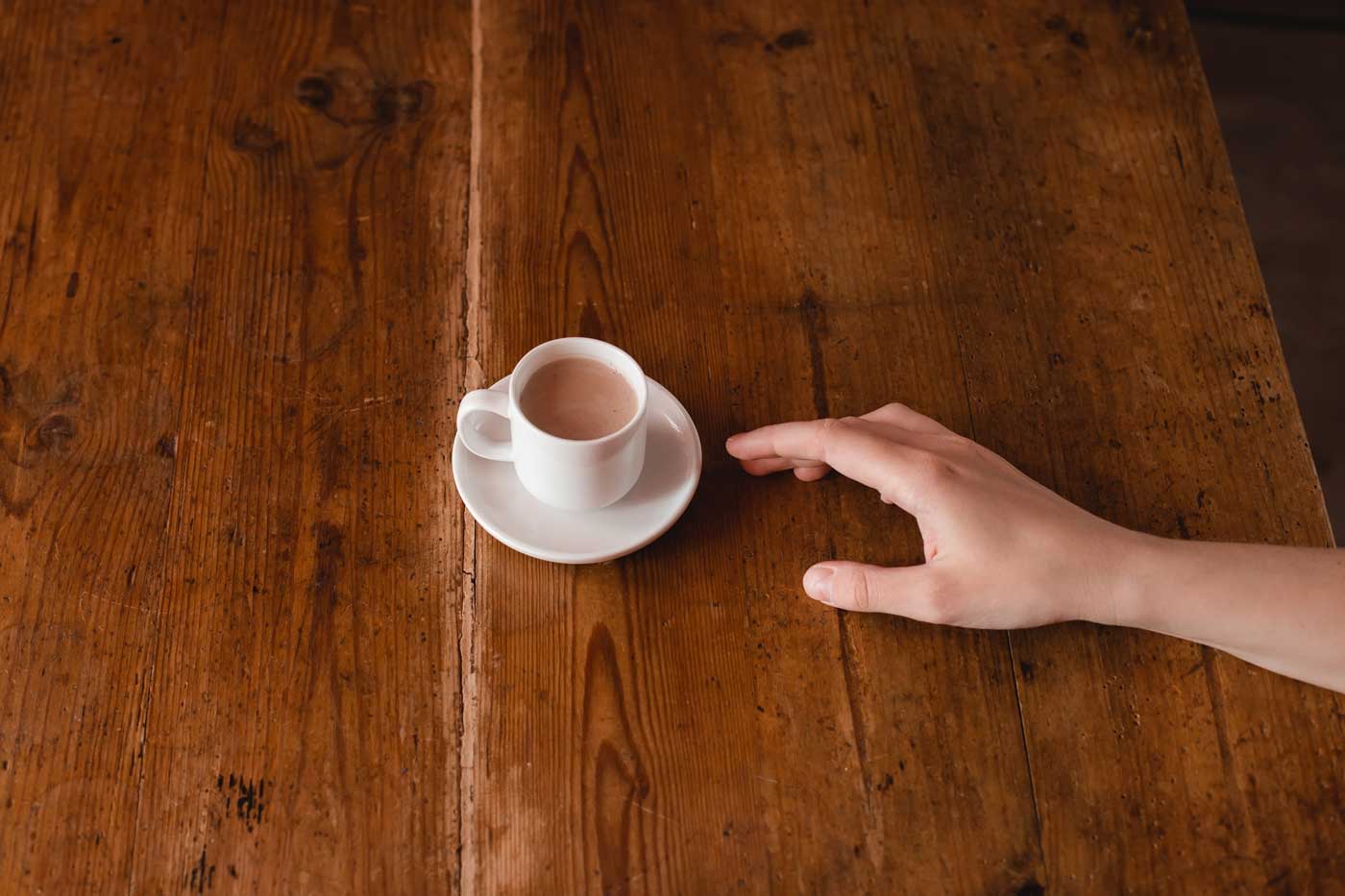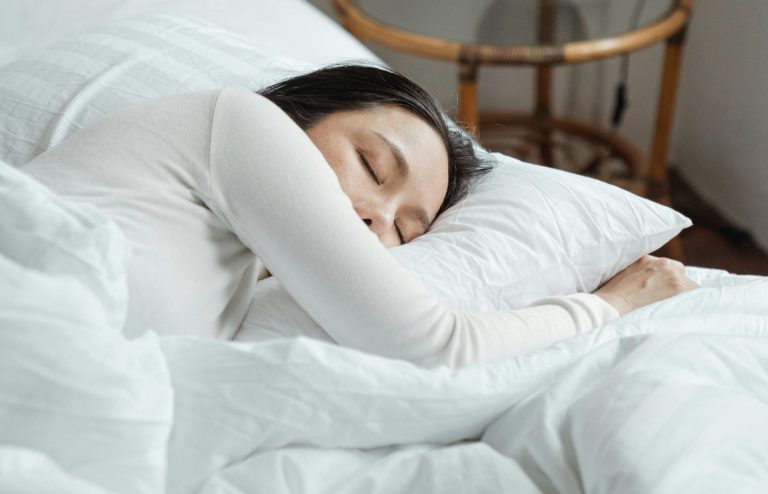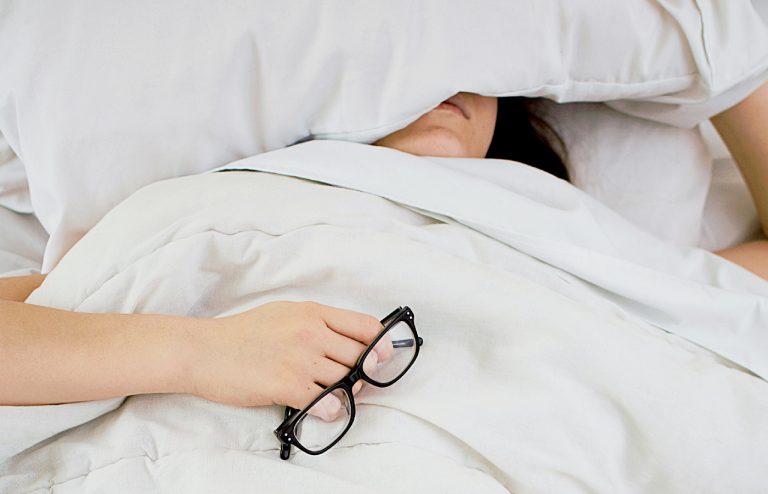Last updated on June 18th, 2019
We all know that many of our lifestyle choices influence our health and wellbeing, however, what we don’t often consider are the small things we repeatedly do that impact our health. I believe it’s important to consider health and wellness changes framed from a positive perspective – for example, how you can help to improve your wellbeing with easy habit tweaks. It’s also important to acknowledge there are common habits that many of us have, that don’t serve our health. Here are five common habits that can compromise your wellbeing and be putting additional pressure on your body.
That second coffee
Caffeine in small doses can be beneficial. It assists cognition and memory, helps with bowel regularity, mostly via enhancing bile production (black coffee), and obviously gives an uplift in energy – but many people regularly over consume coffee. Depending on the size and the strength of the coffee served, that second coffee could be two additional shots on top of the first. While it may give you an initial boost, caffeine blocks our body from absorbing nutrients, puts the nervous system into the fight or flight response, asks a lot of the adrenal glands and the liver, and has myriad flow on effects to other body systems. Caffeine leads the body to make adrenalin, the very hormone that drives anxious feelings, so if you are already quite an anxious person, adding more adrenalin can leave you feeling very uncomfortable.
Wine after work
Many people use alcohol as a reward or to wind down yet it is not as harmless as you might think. Having one to two glasses of wine every night after work quickly equates to far more than the current guidelines recommend, especially if you’re filling up your glass. Current guidelines suggest one standard drink maximum per day (which is 100ml or around four sips of wine), less if there is a history of breast cancer in the family. As a substance that the human body can’t eliminate as it is (alcohol must be converted into acetaldehyde before it can be excreted), alcohol needs to be changed by the liver before being eliminated from the body. If we are consuming a significant amount of what I call “liver loaders” (alcohol, processed foods, trans fats, synthetic substances to name a few), it can heavily impact on our biochemical pathways and begin to take its toll on our energy, health, fat utilisation, sleep and disease prevention. As a general rule of thumb, have at least two alcohol-free days a week as well.
Before dinner snacks
Rushing through the door and engulfing everything and anything in your path, is something I’m sure many people relate to. Despite making good food choices all day, when you arrive home nothing is safe – next minute you’ve lost count of how many crackers with cheese or dip you’ve eaten, and you find yourself finishing a bottle of wine. If you know that before dinner snacks are your downfall, be prepared. Either have a snack before you leave the office, have nourishing options on hand at home, or eat afternoon tea.
Eating takeaways at work
With lots of late nights it’s easy to fall into the trap of eating dinner at work. I’m sure we can all agree that having takeaways most nights doesn’t do your health and wellness many favours. Despite the increasing availability of options, takeaways still tend to be higher in poor quality salt, oils and sugars than home cooking (particularly those made from scratch). Try to plan ahead. If you know you’ve got a huge deadline and you’ll need to work back, make a larger batch of food the night before and take leftovers or employ another strategy that works for you.
Omitting movement
You’ve been planning on getting to the gym all day. However, just before you slip your trainers on – you get handed another job and have to stay to complete it. Depending on your commitment to movement it’s easy in that moment to think – “ah well it wasn’t meant to be today.” Prioritising movement is essential. Perhaps, you need to consider getting up earlier to ensure you get movement done in the morning – on top of giving your body the movement it needs, you will arrive at work energised and uplifted.









